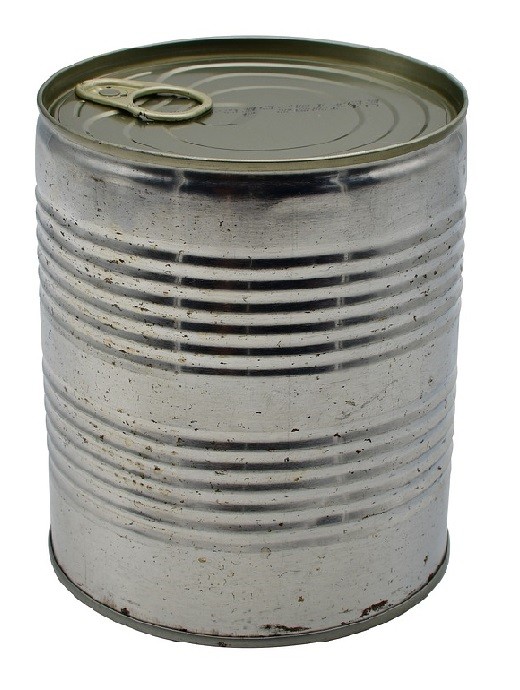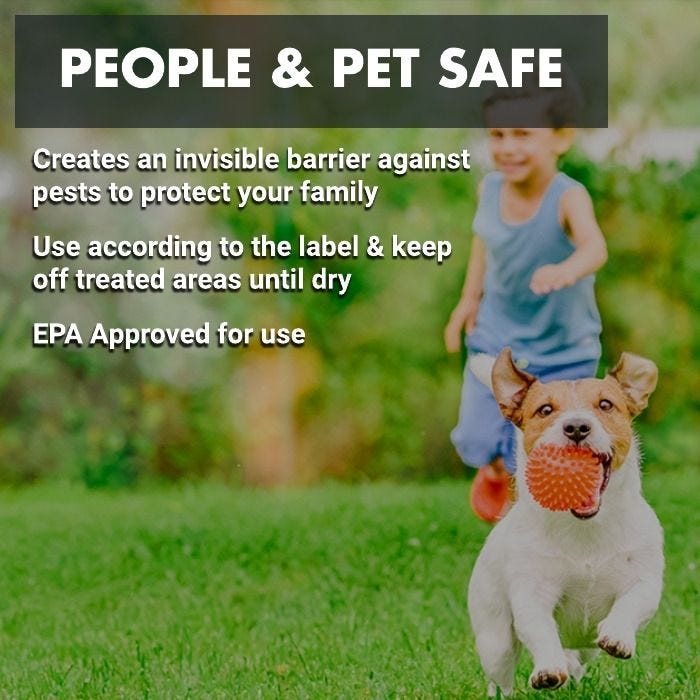Why Hummingbirds Cannot Be Kept as Pets: Laws, Ethics, and Alternatives
Introduction
Hummingbirds captivate nature lovers with their vibrant plumage and agile flight, inspiring curiosity about whether these unique birds could ever be kept as pets. This article explores the legal, ethical, and practical realities of hummingbird ownership, providing comprehensive guidance on why it is prohibited, what alternatives exist, and how to responsibly enjoy their presence around your home.
Legal Status of Hummingbirds as Pets
In the United States, keeping hummingbirds as pets is strictly illegal . The Migratory Bird Treaty Act of 1918 explicitly protects hummingbirds, making it a federal offense to possess, trap, or keep them in captivity without a special permit. This law applies to both the birds and their nests, eggs, or feathers. Violations can result in severe fines ranging from $15,000 to $200,000, and immediate confiscation of the bird [1] . Other countries have adopted similar regulations or signed treaties for migratory bird protection. If you reside outside the U.S., consult your national or local government’s wildlife authority for specific rules.

Source: dreamstime.com
Why Are Hummingbirds Protected?
Hummingbirds are listed as migratory birds due to their long-distance journeys and vital ecological roles as pollinators. Their populations are vulnerable to habitat loss and environmental change, so legal protection is essential for their conservation [2] . Permits for handling hummingbirds are usually reserved for researchers or wildlife rehabilitators working under strict government oversight [3] .
Practical and Ethical Considerations
Even if legal restrictions did not exist, hummingbirds are not suitable as pets . Their biology and lifestyle make captivity unfeasible:
- Diet: Hummingbirds require a specialized diet of fresh nectar, insects, and spiders, which is very difficult to replicate consistently in captivity.
- Activity Level: They have incredibly high metabolisms and spend most of their waking hours foraging over large areas. Confinement severely limits their ability to thrive and may lead to stress, illness, or early death [2] .
- Migration: Many hummingbird species migrate thousands of miles each year. Captivity prevents these natural behaviors, negatively affecting their health and well-being [5] .
Zoos and wildlife centers may keep hummingbirds only in highly specialized, purpose-built aviaries designed to mimic natural habitats, and only with proper permits. These facilities focus on education and conservation rather than pet ownership.
Alternatives to Keeping Hummingbirds as Pets
While you cannot legally or ethically keep hummingbirds as pets, there are effective ways to attract them to your home environment for observation and enjoyment:
Creating a Hummingbird-Friendly Garden
Transform your outdoor space to support wild hummingbirds by:

Source: pixabay.com
- Planting native flowering plants: Choose species that produce abundant nectar, such as trumpet vine, bee balm, salvia, or columbine.
- Installing hummingbird feeders: Use feeders filled with a simple sugar-water solution (1 part white sugar to 4 parts water, no honey, artificial sweeteners, or red dye). Clean feeders every few days to prevent mold and disease.
- Providing water sources: Set up misters or shallow birdbaths for drinking and bathing.
- Avoiding pesticides: Chemical pesticides can harm both hummingbirds and the insects they eat.
For step-by-step guidance, consult reputable wildlife gardening resources or reach out to local horticultural societies. Many offer free advice or workshops on attracting hummingbirds and other pollinators.
Ethical Birdwatching and Photography
Birdwatching is a popular, ethical way to appreciate hummingbirds. Invest in quality binoculars or cameras and join local birding groups for expert tips. Respect wildlife by observing from a distance and minimizing disturbances to natural habitats.
What to Do If You Find an Injured or Orphaned Hummingbird
If you encounter a hummingbird that appears injured or orphaned, do not attempt to keep or treat it yourself . Instead:
- Contact a licensed wildlife rehabilitation center immediately. In the U.S., you may legally possess an injured hummingbird for up to 48 hours while arranging transfer to a rehabilitator [3] .
- Search for “wildlife rehab center near me” or contact your state’s Fish and Wildlife Department for referral.
- Handle the bird as little as possible and keep it in a quiet, warm place until professionals arrive.
Attempting to care for a hummingbird without proper training and permits is both illegal and potentially harmful to the bird.
Common Myths and FAQs
Can You Buy or Sell Hummingbirds or Their Eggs?
It is illegal to buy, sell, or possess hummingbirds, their eggs, nests, or any body parts. These restrictions apply to live birds and eggs found in the wild. Any offers to sell hummingbirds or eggs online or in-person are not legitimate and should be reported to authorities [2] .
Do Permits Exist for Pet Ownership?
No permits are issued for private pet ownership of hummingbirds. Permits are reserved for scientific research, rehabilitation, or educational display in accredited institutions. If you are interested in working with hummingbirds, explore careers or volunteer opportunities in wildlife conservation or ornithology.
Can You Raise Abandoned Hummingbird Chicks?
Hummingbird chicks require intensive, specialized care and can only be legally raised by licensed wildlife rehabilitators. Untrained individuals are unlikely to succeed and may face legal consequences.
Key Takeaways and Responsible Enjoyment
To sum up, hummingbirds cannot be kept as pets legally or ethically . Their specialized needs and protected status mean that the best way to enjoy these remarkable birds is by supporting their presence in the wild. Whether you cultivate a hummingbird-friendly garden, participate in birdwatching, or support conservation efforts, your actions can make a meaningful difference.
For further information on laws and ethical practices, contact your local wildlife authority or consult ornithological organizations. Always prioritize the well-being and conservation of hummingbirds for future generations.
References
MORE FROM gowithdeal.com













